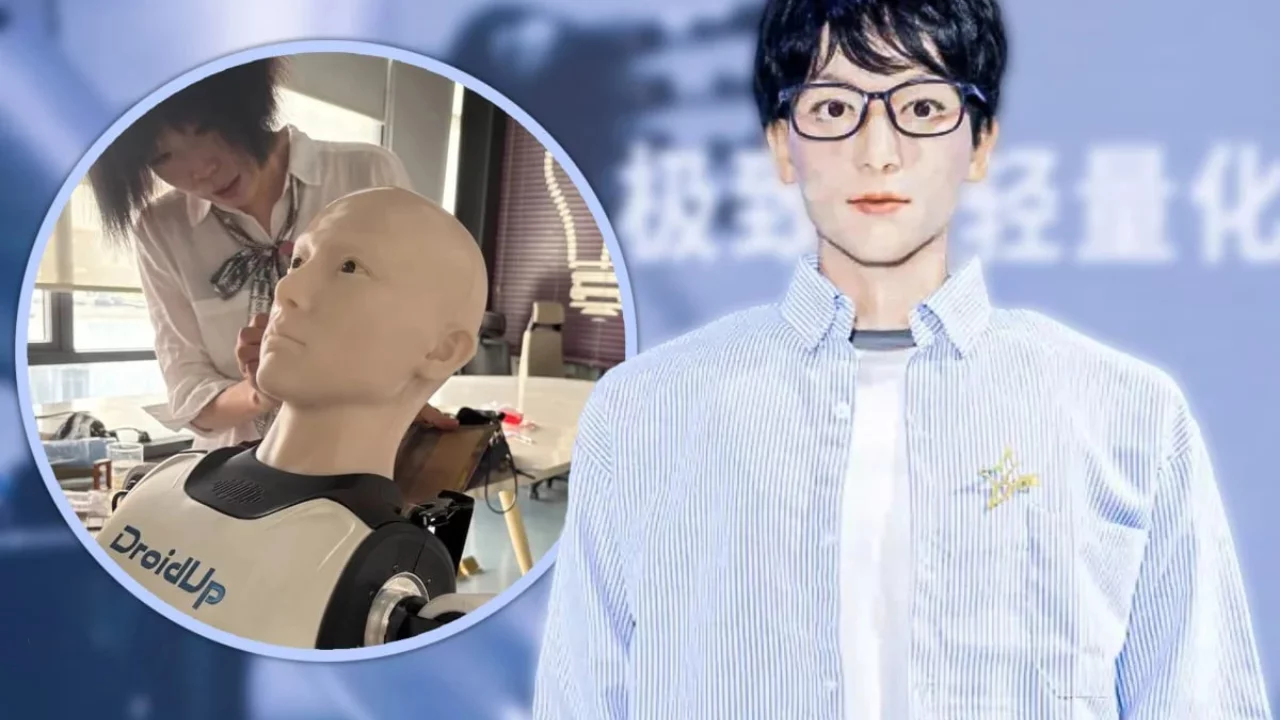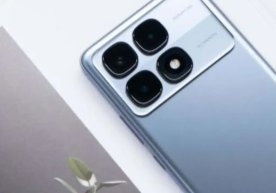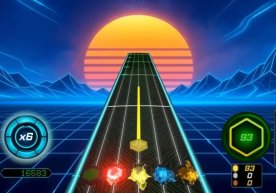Humanoid robot enrolls in acting classes for the first time

A historic event took place in China's higher education system — for the first time, a university student is not a human, but a robot with artificial intelligence.
It is reported that a humanoid robot named Huéba will study at the Shanghai Theatre Academy for four years. He will deeply study complex fields such as acting, cinema, and traditional Chinese opera. After completing the program, Huéba will defend a dissertation like other students, according to SCMP.
This information sparked unexpected public interest. Huéba closely resembles a human in appearance, can communicate, and express emotions through facial expressions. He describes himself as “an artificial intelligence that lives through art.”
The news triggered intense debates on social media. Some users welcomed it as undeniable scientific and technological progress. According to them, robots like Huéba mark a new stage in human-technology interaction.
However, not everyone viewed the event positively. Some argue that true art comes only from experience and emotion. In their view, the “creativity” of robots is limited by algorithms and codes and cannot convey the human soul.
“Imagine this robot takes resources meant for real students. Even now, many students earn less than 3,000 yuan per month,” one user commented.
Analysts are discussing both the practical benefits and potential risks of the project. Some experts believe such an experiment could accelerate automation in education. Others argue that no robot can replace the human element.
One thing is clear: this event is being discussed not only in China but around the world. The line between humans and artificial intelligence is increasingly blurred, and this may lead to even more questions in the future.
This is a new phase in the evolution of technology. In the near future, robots may perform roles on stage and screen alongside human actors. One thing is certain — Huéba could be the start of a new chapter in the art world.
Read “Zamin” on Telegram!




















